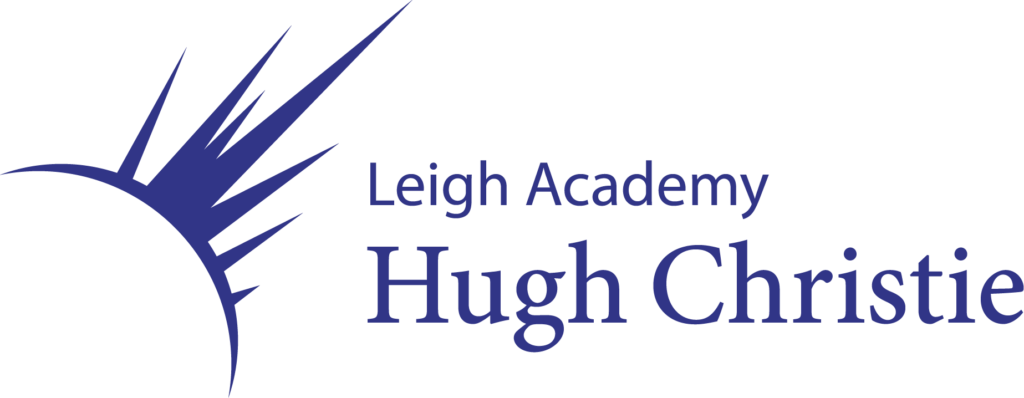- Module 1: Algebraic Thinking
Sequences, use and understand algebraic notation and equality & equivalence - Module 2: Place Value and Proportion
Place Value & ordering integers and decimals and Fraction, decimal & percentage equivalence - Module 3: Applications of Number
Solving problems with addition, subtraction, multiplication & division and fractions & percentages of amounts - Module 4: Directed Number and Fractional Thinking
Operations and equations with directed number and addition & subtraction of fractions - Module 5: Lines and Angles
Constructing, measuring & using geometric notation and developing geometric reasoning - Module 6: Reasoning with Number
Developing number sense, sets & probability and prime numbers & proof
Curriculum Intent
The intent of the department curriculum is to ensure that all pupils are able to retain vital knowledge and master essential skills. We want to prepare our students for the next stage of their education and life. The Scheme of Work at Key Stage 3 is organised through the use of Maths Mastery and the Middle Years Programme of the IB. Maths Mastery aims to build student knowledge of key concepts and master the skills required in mathematics. This complements the MYP unit plan organisation and teaching approach to build holistic and well-rounded mathematical students.
At KS3, the aims of the National Curriculum are covered; develop fluency, reason mathematically and solve problems. We also ensure that the content of the National Curriculum is covered in full. These key concepts are extended further at KS4 where we deliver the full Edexcel specification contained in the GCSE Mathematics qualification. The more able pupils are offered an extra qualification which is called GCSE Level 2 Further Mathematics. This qualification places an emphasis on higher order technical proficiency, rigorous argument and problem-solving skills.
Throughout the journey in mathematics, we encourage our students to think logically, methodically and critically. These skills along with sound mathematical knowledge, enable our students to study mathematical based qualifications at college and university as well as pursue careers in mathematical fields.
Further Maths
In addition we plan to offer GCSE Further Maths as an optional additional qualification for some students.
The assessment of this is made up of 2 x 1h 45min exams (Paper 1 non-calculator, Paper 2 Calculator).
The qualification designed to stretch and challenge high achieving mathematicians who either already have, or are expected to achieve the top grades in GCSE Mathematics or are likely to progress to study A-level Mathematics and possibly Further Mathematics.
High-achieving students are introduced to AS topics that will help them develop skills in algebra, geometry, calculus, matrices, trigonometry, functions and graphs.
ks3: Mathematics
In Key Stage 3 our students following a Maths Mastery Curriculum.
We aim to select key concepts within maths to teach – and really explore them to a great depth – not simply just quickly moving on to the next topic. As a result, students will ‘master’ a topic. They will really understand the maths – not just a procedure or a rule. We will make links between topics and start to see maths as a whole – rather than lots of individual parts.
This will help the students to reason mathematically and solve problems – and generally be ‘better’ mathematicians. We will focus extensively (but not exclusively) on ‘Number skills’, ‘Algebra’, ‘Fractions, Decimals and Percentages’ and ‘Ratio and Proportion’.
- Module 1: Proportional Reasoning
Ratio & scale, multiplicative change and multiplying & dividing fractions - Module 2: Representations
Working in the Cartesian plane, representing data and tables & probability - Module 3: Algebraic Techniques
Brackets, equations & inequalities, sequences and indices - Module 4: Developing Number
Fractions & percentages, standard index form and number sense - Module 5: Developing Geometry
Angles in parallel lines & polygons, area of trapezia & circles and line symmetry & reflection - Module 6: Reasoning with Data
The data handling cycle and measures of location
- Module 1: Reasoning with Algebra
Straight line graphs and forming & solving equations - Module 2: Constructing in 2 and 3 Dimensions
Three dimensional shapes and constructions & congruency - Module 3: Reasoning with Number
Numbers, using percentages and maths & money - Module 4: Reasoning with Geometry
deduction, rotation & translation and Pythagoras’ Theorem - Module 5: Reasoning with proportion
Enlargement & similarity, solving ratio & proportion problems and rates - Module 6: Representations
Probability and algebraic representation
ks4: maths
There are two levels of entry – Foundation (target grades 1-5) and Higher (target grades 4-9). For each tier students will sit:
- Three papers of 1.5 hours
- Paper 1 – non calculator, Paper 2 and 3 – calculator
- All three papers are equally weighted
The course encourages students to develop confidence in, and a positive attitude towards, mathematics and to recognise the importance of mathematics in their own lives and in society. It also provides a strong mathematical foundation for students who go on to study mathematics at a higher level post-16.
- Module 1: Similarity
Congruence, similarity & enlargement and trigonometry - Module 2: Developing algebra
Representing solutions of equations & inequalities and simultaneous equations - Module 3: Geometry
Angles & bearings, working with circles and vectors - Module 4: Proportions and proportional change
Ratios & fractions, percentages & interest and probability - Module 5: Delving into Data
Collecting, representing & interpreting data - Module 6: Using number
Non-calculator methods, types of number & sequences, indices & roots and manipulating expressions
- Module 1: Graphs
Gradients and lines, non-linear graphs and using graphs - Module 2: Algebra
Expanding & factorising, changing the subject and functions - Module 3: Reasoning
Multiplicative reasoning, geometric reasoning and algebraic reasoning - Module 4: Communication
Transforming & constructing, listing & describing and show that… - Modules 5-6: Examinations
ks5: maths
The course is divided into three units: two pure mathematics and one applied (mechanics and statistics). The pure mathematics units involve the continued study of algebra, trigonometry, co-ordinate geometry, sequences and series; and introduces students to the fascinating new areas of calculus and its applications, exponentials and logarithms, and mathematical proof. The applied unit covers areas of statistics and mechanics such as representation, analysis and modelling of data; further study of probability; vectors and their applications; kinematics, statics, and dynamics of a particle; and moments and forces. Assessment in June: 1 x 2 hour exam (Pure maths) and 1 x 1 hour 15 minute exam (Statistics and Mechanics)
The course is divided into two types of units: Compulsory Core Pure Mathematics. The second unit can be on a variety of different topics (such as Further Pure Maths, Further Statistics, Further Mechanics and Decision Maths). Assessment in June: 2 x 1 hour 40 min exams (1 Core, 1 Option)
In addition to the content studied at AS Level the A Level course goes into much greater depth. The pure mathematics units involve the continued study of algebra and functions, trigonometry, numerical methods, co-ordinate geometry, mathematical proof; the further exploration into the vast world of calculus; and the introduction of vectors. The applied unit covers areas of statistics and mechanics such as representation, analysis and modelling of data; further study of probability; vectors and their applications; kinematics, statics, and dynamics of a particle; and moments and forces. Assessment in June (year 13): 3 x 2 hour exams (2 Pure, 1 Statistics and Mechanics)
For the full A Level students continue their studies of the AS content. But the depth and breadth of knowledge gained is much greater
Two examples of important ‘Further’ pure topics are complex numbers and matrices. One area of discrete mathematics is graph theory, which includes solving problems such as: What would be the most efficient route for delivering post around a network of streets? This topic uses algorithms which are vital in computer science.
In addition to two Core Pure Mathematics modules, students will have the option to extend their studies in two of the following areas: Statistics, Mechanics, Decision Maths and Further Pure Mathematics Assessment in June (Year 13) 4 x 1 hour 30 min exams (2 Core and 2 Options).



